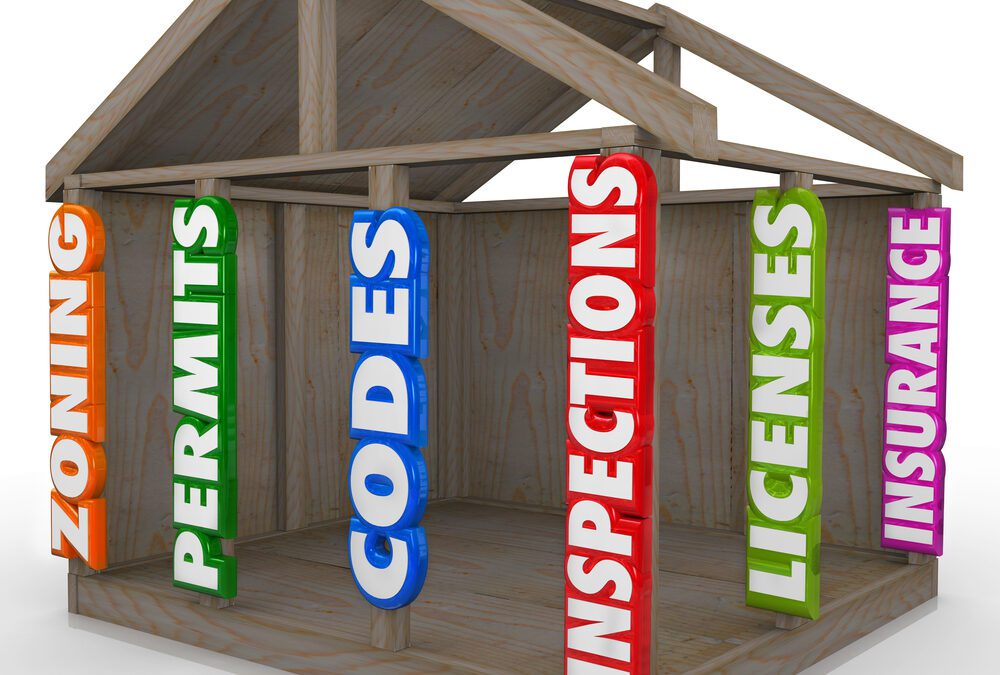An often-overlooked aspect of running a business is the impact local zoning may have on the business’s expansion. Businesses routinely run afoul of local zoning laws and don’t find out until well after the expense of expansion has occurred, and when a competitor complains to the local code official.
Expanded seating
In many towns, the number of seats in a restaurant impact the required parking. Adding seats even when it does not violate the fire code could trigger the need for a variance and may require a site plan.
Sometimes additional seating changes the nature of a business. Say a local deli has one or two seats while people wait for their sandwiches, but over time adds a few tables and may have evolved into a luncheonette or restaurant. Here again when people pick up sandwiches and cars come and go. When patrons stay seated for 30 minutes, it tends to create parking issues and so most ordinances have different parking standards for restaurants than delis. If you have enough parking and business is good, you should submit an application to change the nature of your business for zoning purposes.
Expanding products and services
It is important to know what products and services are permitted in a zone. If you are operating a barber shop and you want to add massage, or a gym that wants to sell vitamins, this add on, while seeming logical to you, may not be permitted in the zone in which your business exists. Sometimes these uses may be permitted in the zone, but could be considered a second principle use. There are zones in every town that prohibit more than one principle use. Even if permitted, adding that second use may require some form of review. It makes sense that a community would want to ensure that the uses are compatible as a matter of public safety.
Sometimes the changes seem subtle, but really are not. Restaurants with bars often have a piano or some music. Over the years, the owners might want to expand in the night time hours to become a night club with dancing. In many towns, this change is undesirable. The reason is simple enough that the noise and the late-night activity will disturb the peace and quiet of nearby residences. So, don’t print those flyers until you talk to the local zoning official.
Converting an office building to a medical office requires more parking and again a site plan. The parking standard for a typical office for lawyers, realtors and various other businesses uses requires less parking and that fact is reflected in most ordinances. When you go to a doctor’s office, you will notice that in addition to her staff, several patients will be waiting outside the office along with at least two patients will be waiting in exam rooms. On top of this, a drug rep always walks in while you’re waiting. So, when the Doc is in, the parking need is substantial.
The point of this blog is for business owners to check local zoning laws before expanding or making a change to your existing operation. In my experience, Boards are eager to assist local businesses, provided the change can occur safely and with the least impact on neighbors and on parking. There is a cost to following the rules, but in the end having a good zoning team behind you will help you to reduce the cost and pain of doing it wrong. There are times when your expansion may not be feasible in your current location. Why waste resources in the wrong location.















